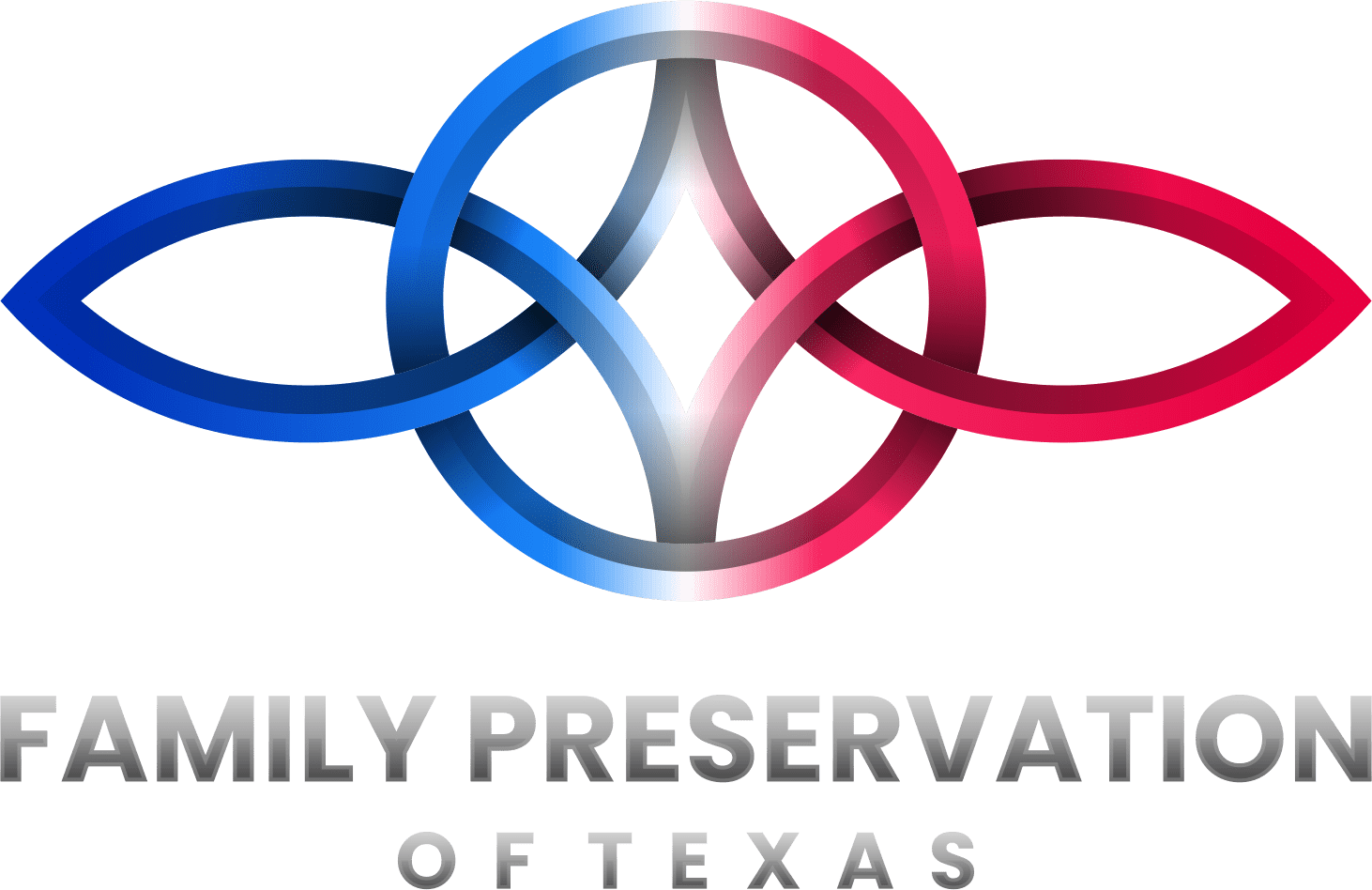Identifying Potential Triggers
One of the key steps in preventing family crises is to identify potential triggers. These triggers can vary from family to family, but they often include factors such as financial stress, substance abuse, mental health issues, or unresolved conflicts. By being aware of these triggers, families can be better prepared to address them before they escalate into crises.
It’s important to have open and honest conversations within the family to identify these triggers. This can involve discussing past experiences, current challenges, and any patterns of behavior that may contribute to family crises. By identifying potential triggers, families can take proactive steps to mitigate their impact and prevent crises from occurring.
Open Communication and Conflict Resolution
Open communication and effective conflict resolution are essential in preventing family crises. By fostering a safe and supportive environment where family members can openly express their thoughts and feelings, conflicts can be addressed and resolved before they escalate.
Encouraging active listening and empathy within the family can help prevent misunderstandings and promote understanding. It’s important to establish clear communication channels and encourage family members to express their needs and concerns.
In addition to open communication, developing effective conflict resolution skills is crucial. This involves finding constructive ways to address conflicts and finding mutually beneficial solutions. Techniques such as active listening, compromise, and finding common ground can help prevent conflicts from escalating and potentially leading to family crises.
Building Support Networks
Building support networks is another proactive measure that families can take to prevent crises. Having a strong support system in place can provide families with the resources, guidance, and emotional support they need during challenging times.
Support networks can include extended family members, friends, neighbors, or community organizations. These networks can offer assistance in various forms, such as providing practical help, offering guidance and advice, or simply providing a listening ear. By building these support networks, families can have access to resources that can help them navigate difficult situations and prevent crises.
Seeking Professional Help
Sometimes, despite their best efforts, families may find it necessary to seek professional help to prevent or address crises. Professional help can come in the form of therapists, counselors, or social workers who specialize in family dynamics and crisis intervention.
These professionals can provide families with valuable insights, strategies, and tools to navigate challenges and prevent crises. They can offer a neutral perspective and help facilitate open and productive communication within the family. Seeking professional help is not a sign of weakness, but rather a proactive step towards maintaining family well-being.
Creating Emergency Plans
Creating emergency plans is an important proactive measure that families should consider. While no one wants to think about potential crises, having a plan in place can help families respond more effectively and minimize the impact of emergencies.
Emergency plans can include steps to take in case of natural disasters, medical emergencies, financial crises, or other unexpected events. It’s important to discuss and document these plans as a family, ensuring that everyone is aware of their roles and responsibilities.
By creating emergency plans, families can feel more prepared and empowered to handle crises should they arise. It provides a sense of security and can help reduce stress and anxiety during challenging times.




